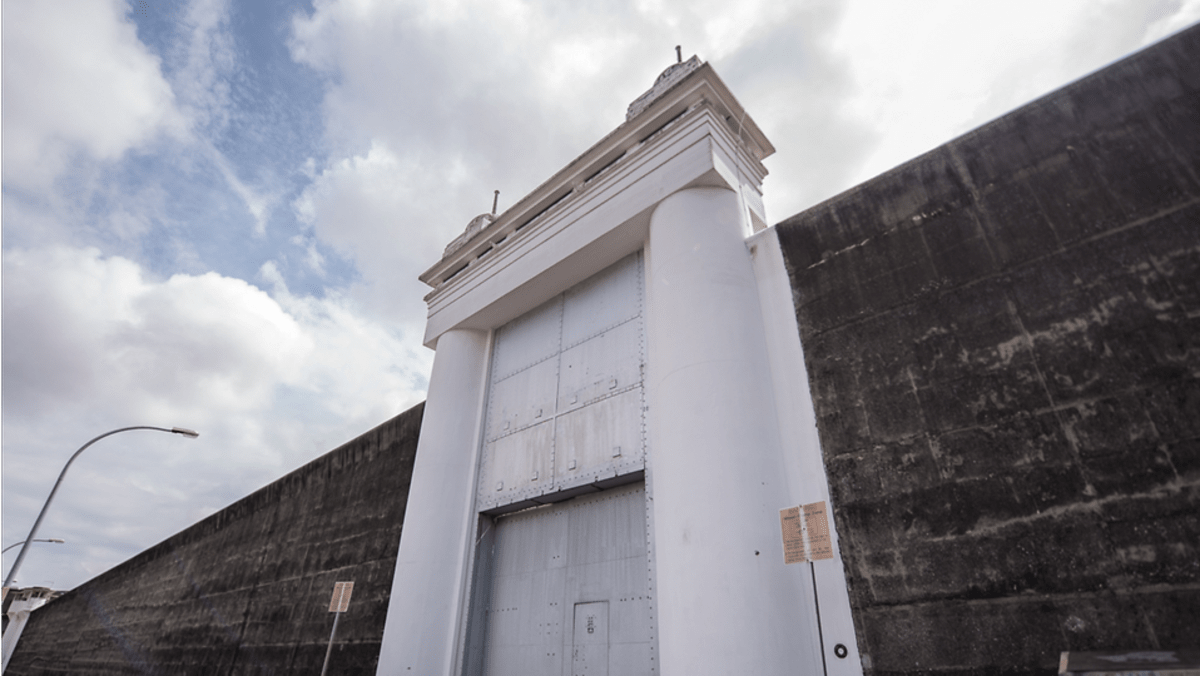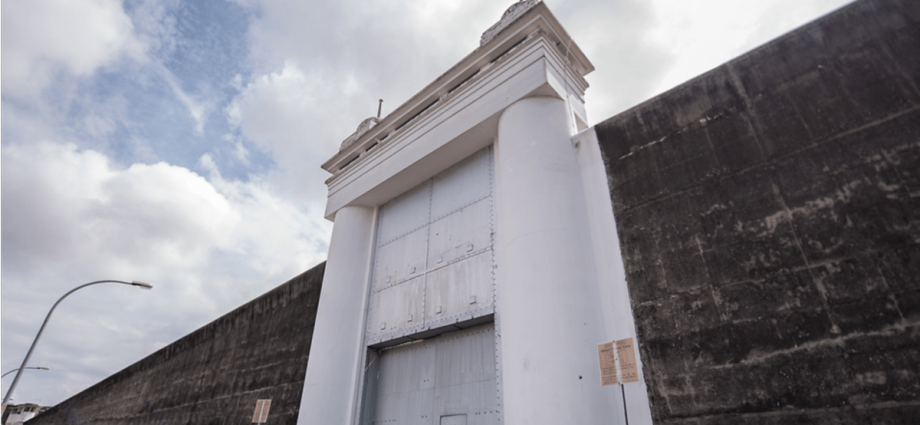
ATTITUDES TOWARDS THE DEATH PENALTY IN SINGAPORE
An earlier study in 2020 – commissioned by MHA and done by the Institute of Policy Studies (IPS) – found that 79 per cent of respondents who were Singapore citizens and permanent residents believed that the death penalty deters people from trafficking substantial amounts of drugs into Singapore.
The survey, involving 2,000 residents, found that 70 per cent of respondents believed that the death penalty is more effective than life imprisonment in deterring people from trafficking drugs.
In a separate 2021 study, conducted by MHA’s Research and Statistics Division (RSD), a majority of respondents agreed or strongly agreed that the mandatory death penalty was the appropriate punishment for trafficking a significant amount of drugs (65.6 per cent), from using firearms (71.1 per cent) and intentional murder (80.5 per cent).
This group of respondents was further asked whether the discretionary death penalty or life imprisonment would be a more appropriate punishment for serious crimes.
A large majority of respondents agreed or strongly agreed that some form of the death penalty – mandatory or discretionary – was an appropriate punishment for committing intentional murder (88.2 per cent), for the use of firearms (82 per cent) and for trafficking a significant amount of drugs (73.4 per cent).
The mandatory death penalty means that the sentencing court must impose the death penalty on the offender once he is found guilty of that crime, and has no power to impose any other type of sentence.
DEATH PENALTY FOR SERIOUS CRIMES
Both studies also showed that there was strong support in Singapore among residents for the country’s use of the death penalty as punishment for the most serious crimes.
For instance, the IPS survey showed that a large majority of respondents (74 per cent) agreed or strongly agreed that the death penalty is “justified” for the most serious of crimes, such as intentional murder, use of firearms, and trafficking a significant amount of drugs.
Similarly in the RSD survey, 73.7 per cent of respondents agreed or strongly agreed that the death penalty should be used for the most serious crimes.
The RSD survey which involved 2,000 residents, comprising both citizens and permanent residents, also showed that a large majority of respondents agreed or strongly agreed that the death penalty in Singapore deters the trafficking of significant amounts of drugs (83.2 per cent), firearm offences (85.9 per cent), and intentional murder (85.9 per cent).
The respondents were also asked about their confidence in Singapore’s criminal justice system.
A majority of respondents (88.5 per cent) said they had confidence in the police and the Central Narcotics Bureau in ensuring that accused persons in death penalty cases were subjected to fair and rigorous investigations.
The survey also found that 88.1 per cent of respondents had confidence in the Attorney General’s Chambers and the courts in giving the same group of accused persons fair and rigorous trials.
Less than 2 per cent of respondents indicated that they did not have confidence that Singapore’s criminal justice system would be able to do so.
The three studies were commissioned to better understand the views of local residents and the perceptions of residents in regional cities on the use of the death penalty in Singapore, said MHA.
All three studies showed that there is very strong support among Singapore residents for the country’s use of the death penalty for the most serious crimes, such as intentional murder, use of firearms and trafficking substantial amounts of drugs, added the ministry.
“There is also a clear consensus, both domestically and within the region, that the death penalty is effective in deterring people from trafficking drugs into Singapore and is more effective than life imprisonment in doing so.”
The studies can be found on MHA’s website.

